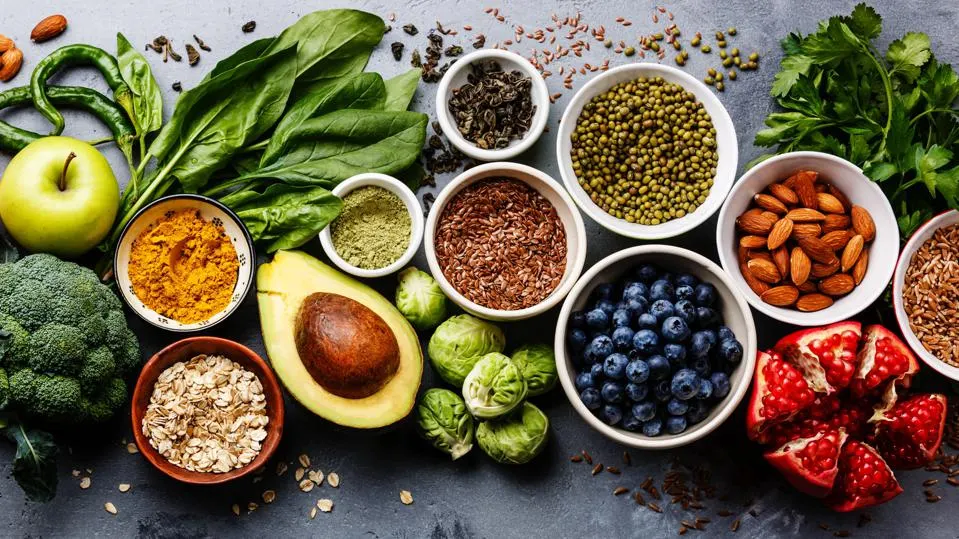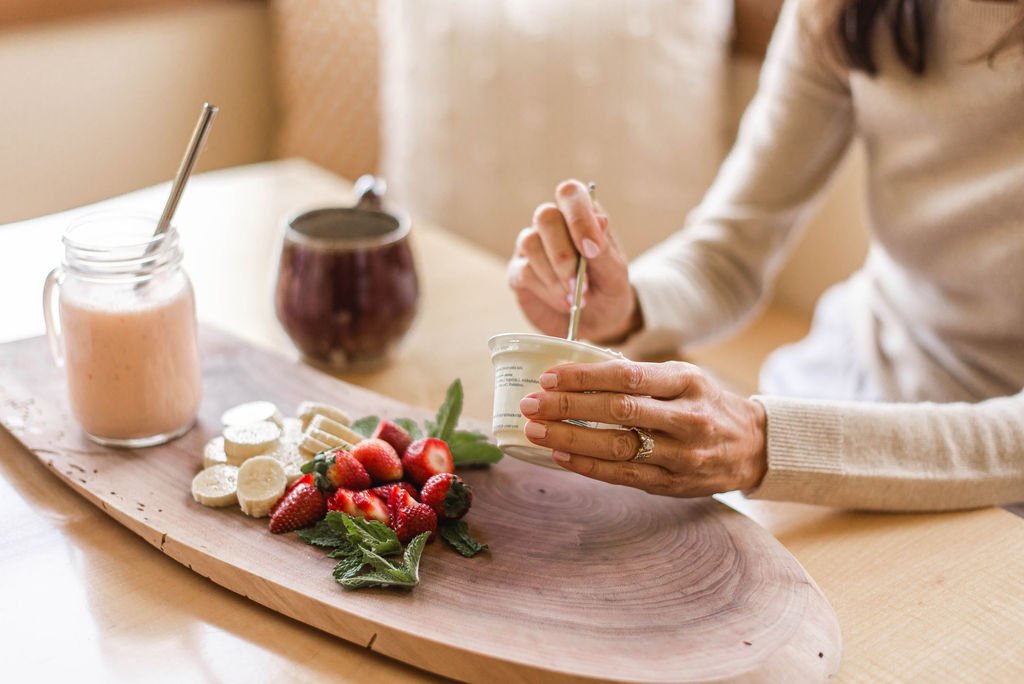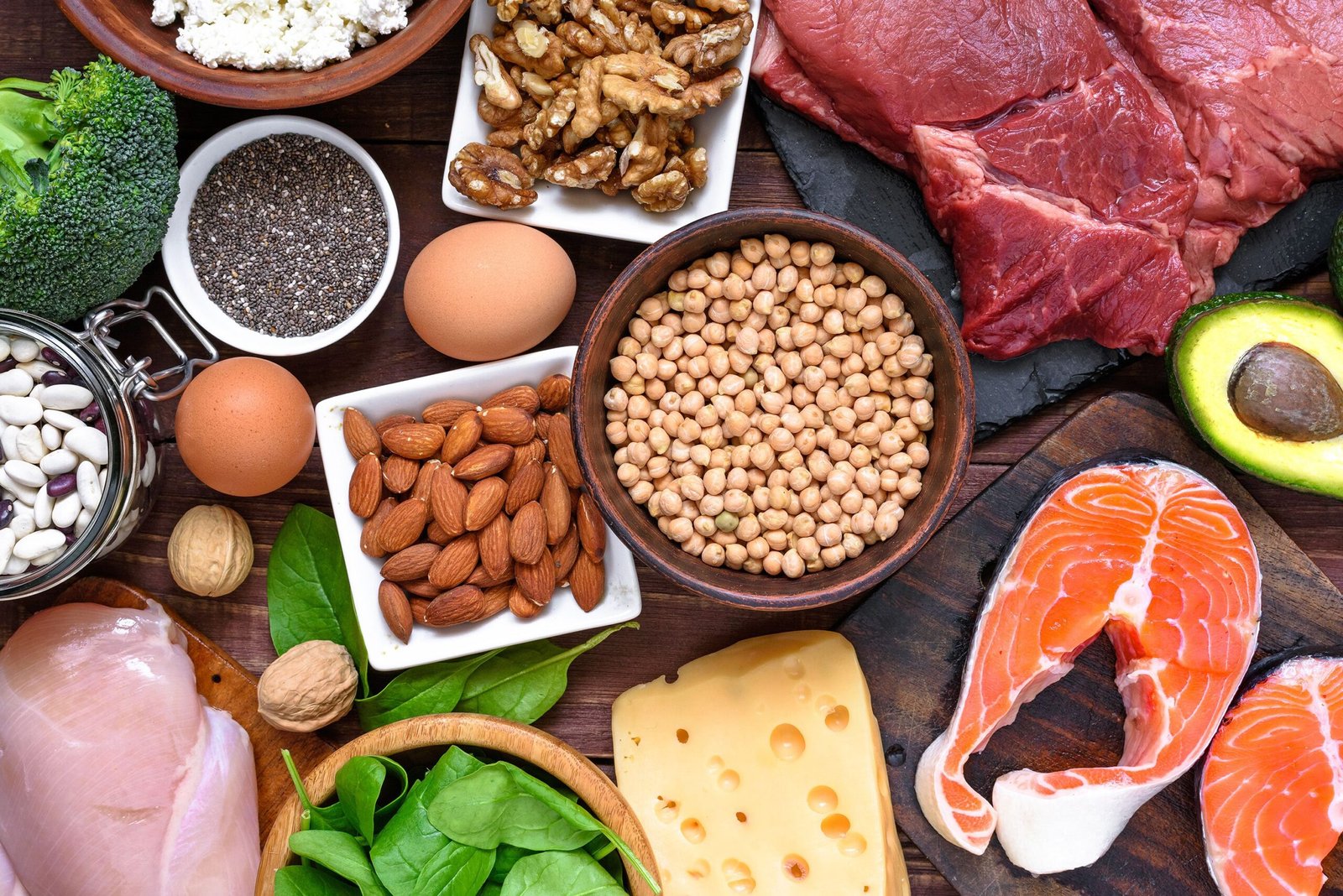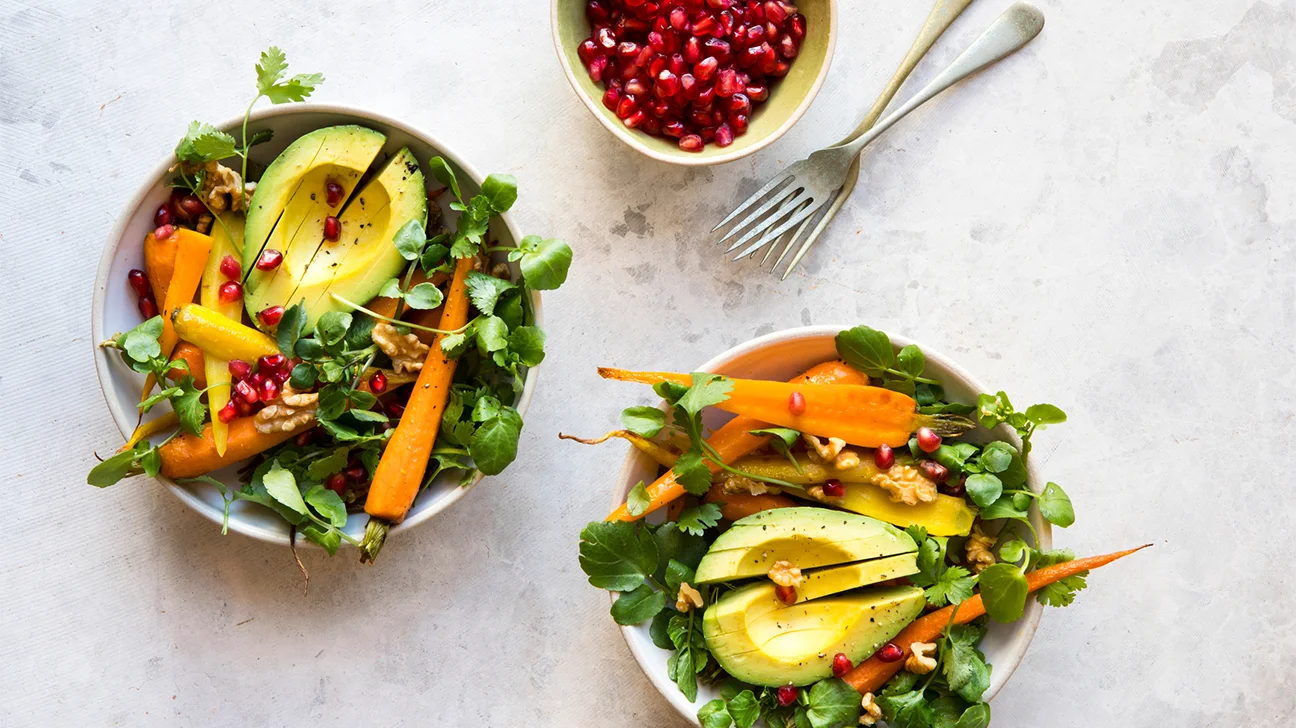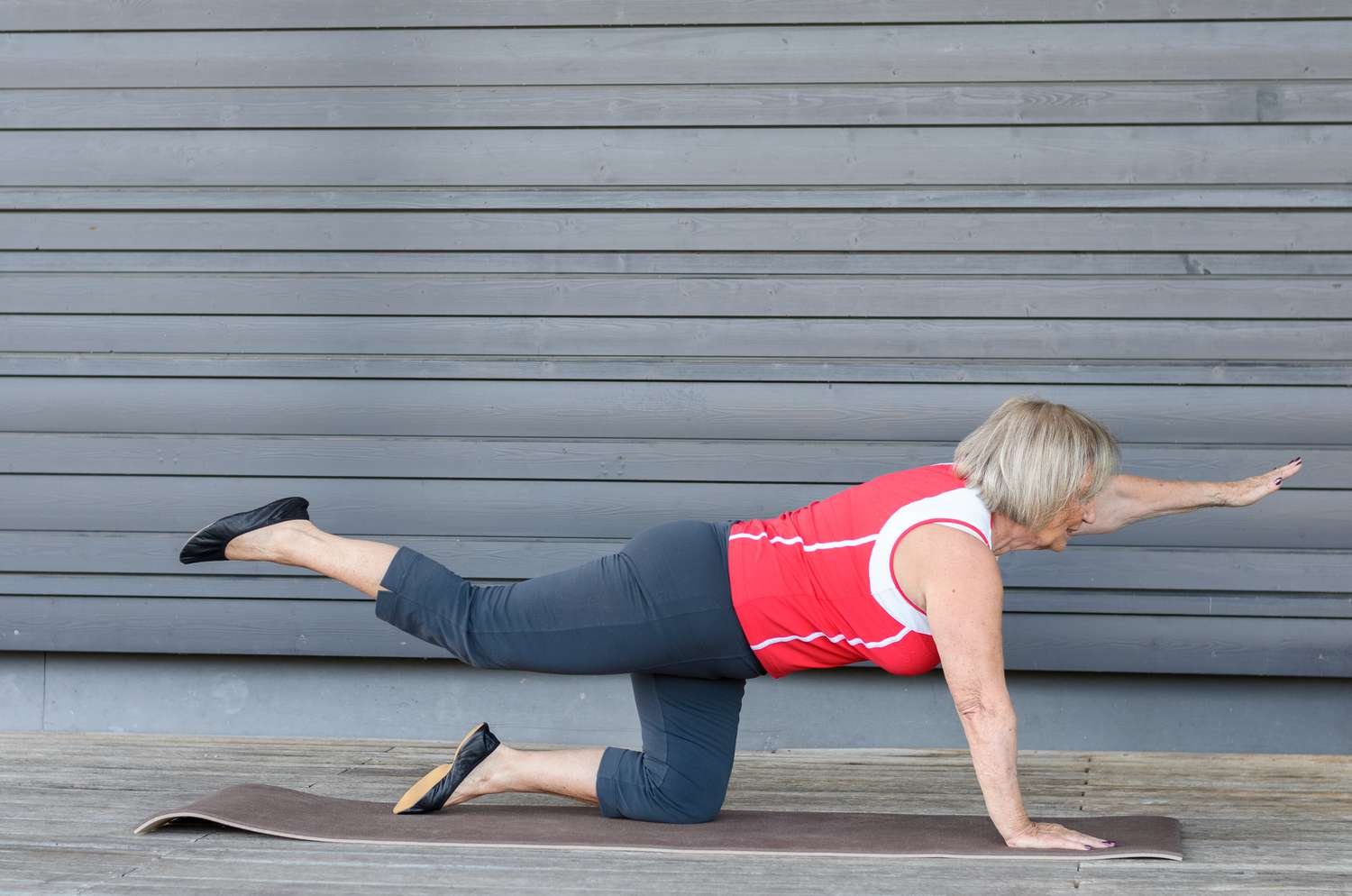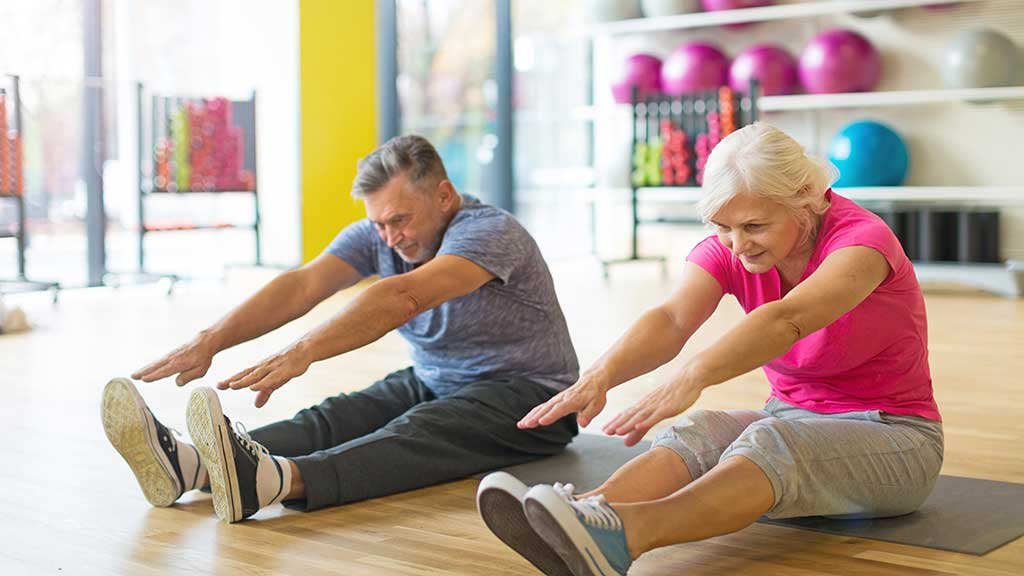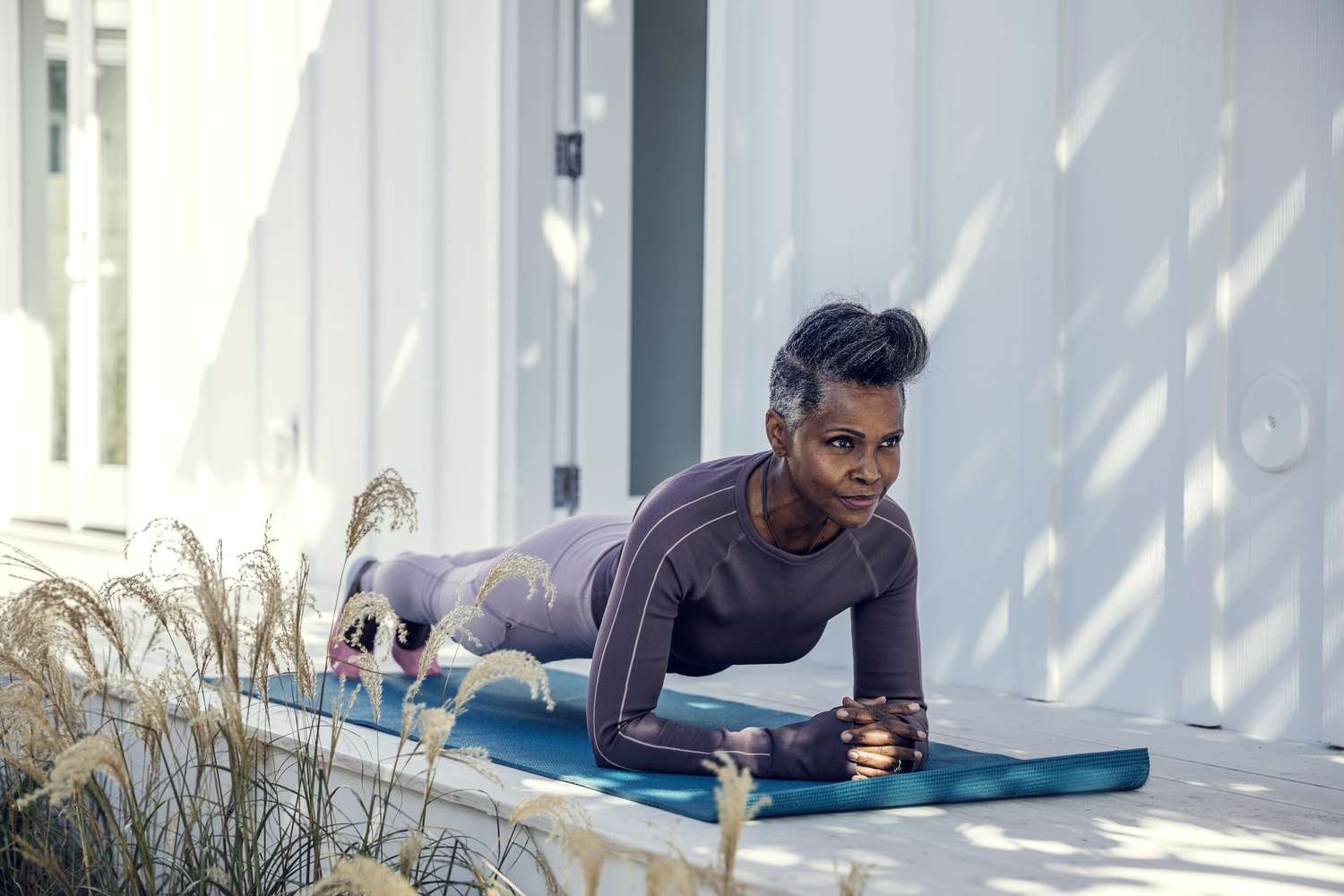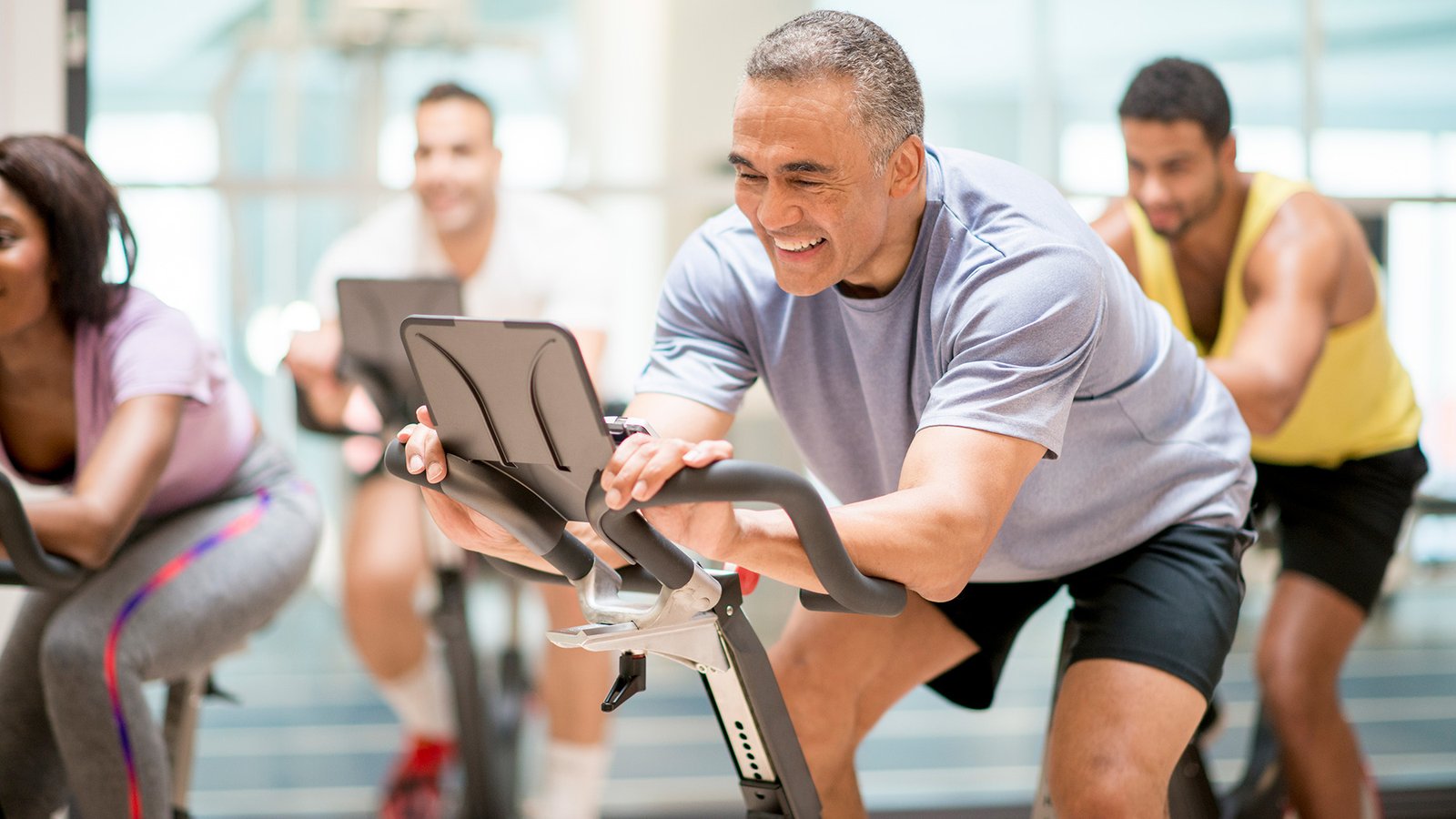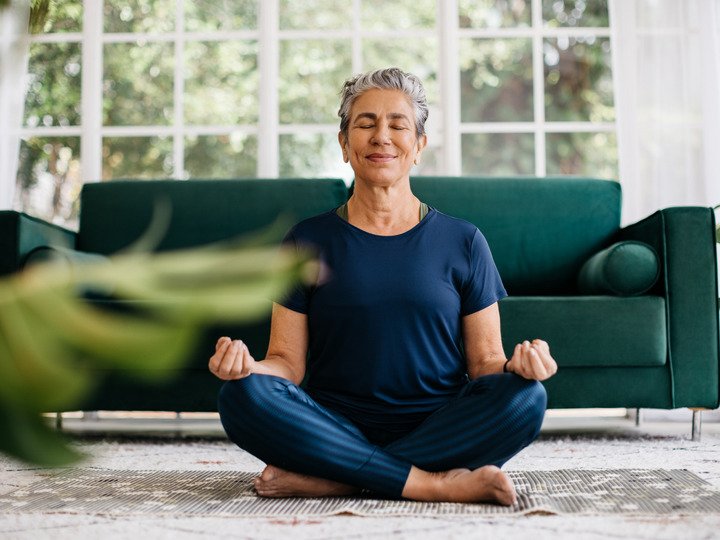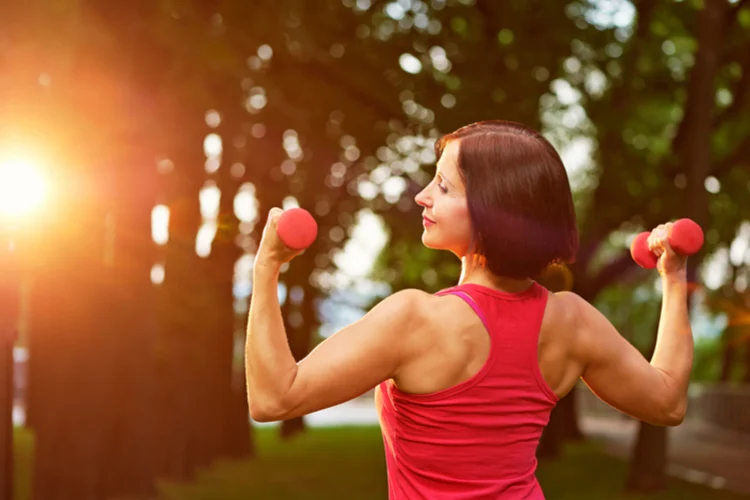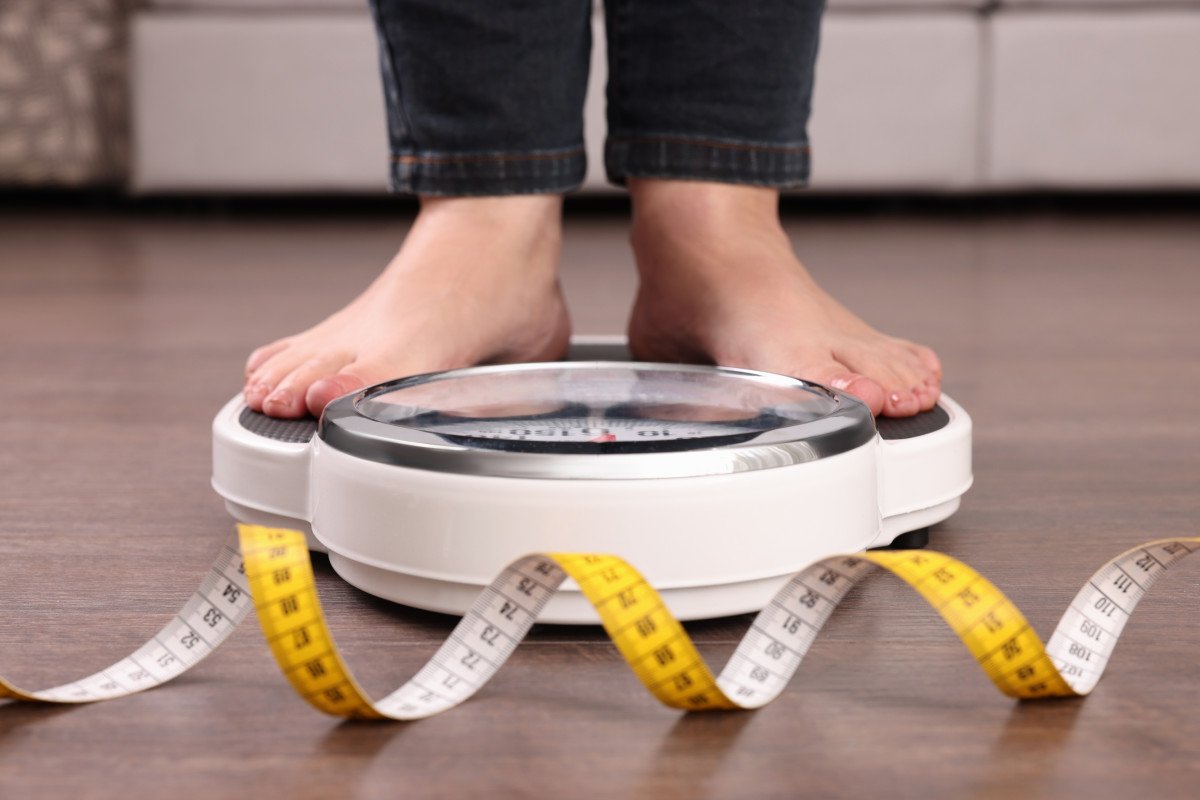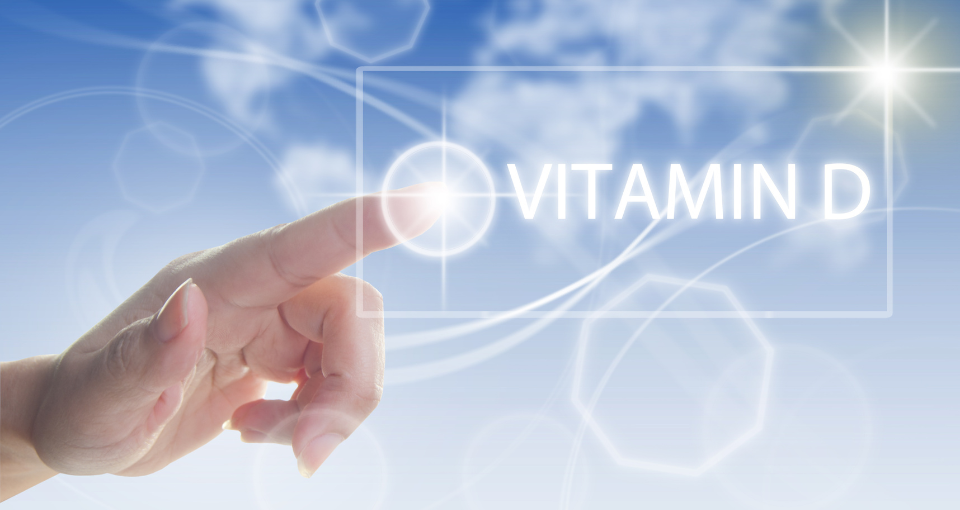According to CDC, as women age, losing weight can become more challenging, but it’s far from impossible. In fact, about 66.7% of adults with obesity and 49% of those who are overweight actively try to lose weight, with a higher percentage of women undertaking this goal. For women over 50, maintaining a healthy weight is crucial to reducing the risks of heart disease, diabetes, and other chronic conditions. This may require a combination of adjusting eating habits, increasing physical activity, and focusing on building muscle mass, which naturally declines with age. Interestingly, Global Forum Health 2023 Weight Loss Statistics shows…
As women age, maintaining balance and stability becomes increasingly important to prevent falls and maintain independence. Stability workouts specifically target muscles that help stabilize the body, improving posture and coordination. Research has shown that balance training not only helps reduce the risk of falls but also improves muscle strength and flexibility. The National Strength and Conditioning Association recommends older adults perform strength training exercises two to three days a week. Regular exercises, like those involving the core and stabilizing muscles, can enhance proprioception and keep the body more agile and steady, which is vital for older adults. If you’re looking…
According to Alexis Coslick, D.O., a sports medicine and rehabilitation expert at Johns Hopkins Howard County Medical Center, in order to maintain fitness and health after 50, it’s important to incorporate exercises that focus on strength, balance, and flexibility. For example, weight-bearing exercises like walking or hiking can help improve bone density, while strength training, such as using resistance bands or lifting weights, plays a crucial role in preventing bone loss and building muscle mass. Yoga and balance exercises can also enhance stability, which is key in preventing falls as you age. After age 50, staying fit and healthy is very important…
A heart healthy diet after the age of 50 is crucial to maintaining cardiovascular health and preventing disease. According to the Cleveland Clinic, focusing on plant-based proteins, whole grains, and healthy fats can significantly improve heart health. Foods rich in fiber, like fruits, vegetables, and legumes, help lower cholesterol and manage blood sugar, while limiting saturated and trans fats can reduce the risk of heart disease. As we get older, taking care of our hearts becomes even more important. For people over 50, what you eat is a very important part of staying healthy and preventing heart disease. Creating a…
Osteoporosis prevention exercises, especially for women over 50, are essential for building bone density, improving balance, and reducing the risk of fractures. Strength training, weight-bearing exercises, and balance-focused routines can be highly effective in supporting bone health. According to the National Osteoporosis Foundation, activities like walking, stair climbing, and weightlifting can all help slow bone density loss as we age. The Mayo Clinic also recommends exercises like Tai Chi and yoga to further enhance stability and reduce fall risk. Welcome to all of the incredible women over 50 years old! We’re going to dive into an important topic today: osteoporosis. It is…
How can you stay mentally sharp for life? The AARP emphasizes the importance of staying mentally sharp through lifestyle choices such as setting achievable goals and practicing gratitude. Maintaining mental health after 50 is crucial for overall well-being. As we age, the brain undergoes natural changes, and prioritizing mental health can help reduce risks of cognitive decline and mood disorders. Engaging in regular exercise, prioritizing sleep, managing stress, and staying socially connected are key components to fostering mental well-being. Regular physical activity, even as simple as walking, can enhance mood and memory, while social interactions provide emotional support and reduce…
The FDA recommends high in fiber intake, ‘daily value’ of 28 grams, based on a 2000-calorie diet. For women over 50, incorporating fiber-rich foods into your diet is crucial for maintaining digestive health, controlling weight, and lowering the risk of chronic diseases. Some top fiber-rich foods to consider include lentils, which provide 15 grams of fiber per cup and sweet potatoes, which contain about 6 grams of fiber when eaten with the skin. Additionally, fruits like raspberries and vegetables like artichokes are excellent sources of dietary fiber. Increasing fiber intake is not only beneficial for your digestive system but also…
When it comes to cardio workouts for women over 50, it’s essential to choose exercises that not only support heart health but are also accessible and effective as we age. Walking, for instance, is often recommended as an ideal starting point. It’s a low-impact activity that helps improve cardiovascular health, lower blood pressure, and maintain overall stamina. As Dr. Karol Watson, a cardiologist, notes, walking offers the same heart benefits as more intense exercises like running, but with a lower risk of injury. To make the most of cardio exercises, consistency is key. A variety of activities like swimming, cycling,…
As women age, managing weight becomes more challenging due to hormonal changes, slowed metabolism, and muscle loss. According to the Mayo Clinic, adopting a balanced approach that includes healthy eating, regular exercise, and mindful lifestyle changes is key to effective weight management for women over 50. As women age, particularly after 50, weight management can become more challenging due to factors like hormonal changes, a slower metabolism, and muscle loss. However, with the right strategies, it’s possible to manage your weight effectively and feel better in terms of health and energy. Here are some helpful tips for women over 50…
As women age, especially after 50, maintaining optimal health becomes even more important. One key nutrient that often goes overlooked is vitamin D. This essential vitamin plays a crucial role in bone health, immune function, and even mood regulation. Studies have shown that vitamin D deficiency can increase the risk of osteoporosis, fractures, and other health issues in older adults (Harvard Health Publishing). Understanding how to get enough vitamin D is vital for ensuring long-term health and vitality as we age. Let’s dive into why vitamin D is particularly important for women over 50 and how to incorporate it into…

